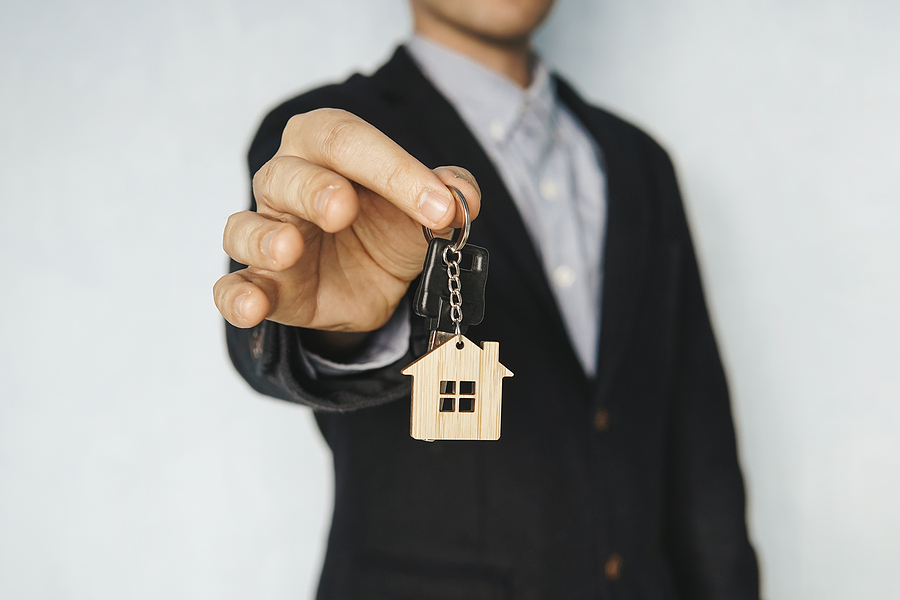
A Debt Relief Order (DRO) is used in cases where a debtor can’t afford to make repayments. It places a pause on outstanding repayments for a period of time, usually a year. During this period, a creditor included in the DRO can’t make any demands or attempts at repossession. When the DRO order ends, most of the debts can be written off.
There are certain conditions that have to be met in order to be eligible for a DRO. The debts must amount to no more than £30,000, and you must not own your own home or have other assets amounting to more than £2,000. You also need to have lived or worked in England or Wales in the last three years, and have little spare monthly income.
If you are already involved in a bankruptcy case, an Individual Voluntary Agreement (IVA) or you’ve had a DRO in the past six years, then you will not be eligible for a DRO. Any debts that were incurred through fraudulent procedures will still have to be paid back in full after the DRO has been discharged.
You must declare any assets that you have given away or sold for less than its market value, or your DRO application may be rejected. Most types of debt are covered by a DRO. Exceptions include child support and maintenance, student loans, magistrate court fines, social fund loans, and compensation for death and injury.
A DRO may be the right solution for some people with unmanageable debts. However, it’s important to think about the future impact it may have on your ability to borrow money. A DRO will stay on your credit file for six years, and during this time you will find it more challenging to be accepted for a mortgage.
However, it may still be possible as some lenders will consider your application on a case-by-case basis. It’s advisable to contact a specialist bad credit mortgage brokers for detailed guidance about the potential routes to a mortgage deal.
Even lenders who take on clients with a poor credit history will usually look for at least a year to have passed since you were discharged from the DRO. They may also require a larger deposit of between 15% and 25%. The further in the past the DRO was, the better your prospects of a securing a good deal will be.
Lenders will also look into the circumstances of your DRO. Sometimes, people can get into debt due to unexpected illness or redundancy, or through being owed money themselves. If there is a reasonable explanation for your financial situation, the lender may take this into account.
They may also want to know the amount of debt involved, and how many creditors were included in the DRO. If since being discharged from the DRO, you have demonstrated an unblemished financial track record, this should work in your favour.
Your home may be repossessed if you do not keep up with your mortgage repayments.
There may be a fee for mortgage advice. The actual amount you pay will depend on your circumstances. The fee is up to 1% but a typical fee is £595.
Back to Blog
Create Finance Limited is an appointed representative of Mortgage Advice Bureau (Derby) Limited which is authorised and regulated by the Financial Conduct Authority.
Create Finance Limited. Registered Office: 35 Friar Gate Studios, Ford Street, Derby, Derbyshire, England, DE1 1EE. Registered in England Number: 09582938.
Think carefully before securing other debts against your home. Your home may be repossessed if you do not keep up repayments on a mortgage or any other debt secured on it. There may be a fee for mortgage advice. The actual amount you pay will depend on your circumstances. The fee is up to 1% but a typical fee is £595.
The guidance and/or advice contained within this website is subject to the UK regulatory regime, and is therefore targeted at consumers based in the UK. The actual rate available will depend upon your circumstances. Ask for a personalised illustration.
We may receive commission that will vary depending on the lender, product or permissible factors, The nature of any commission model will be confirmed to you before you proceed. Create Finance Ltd are a credit broker, not a lender.